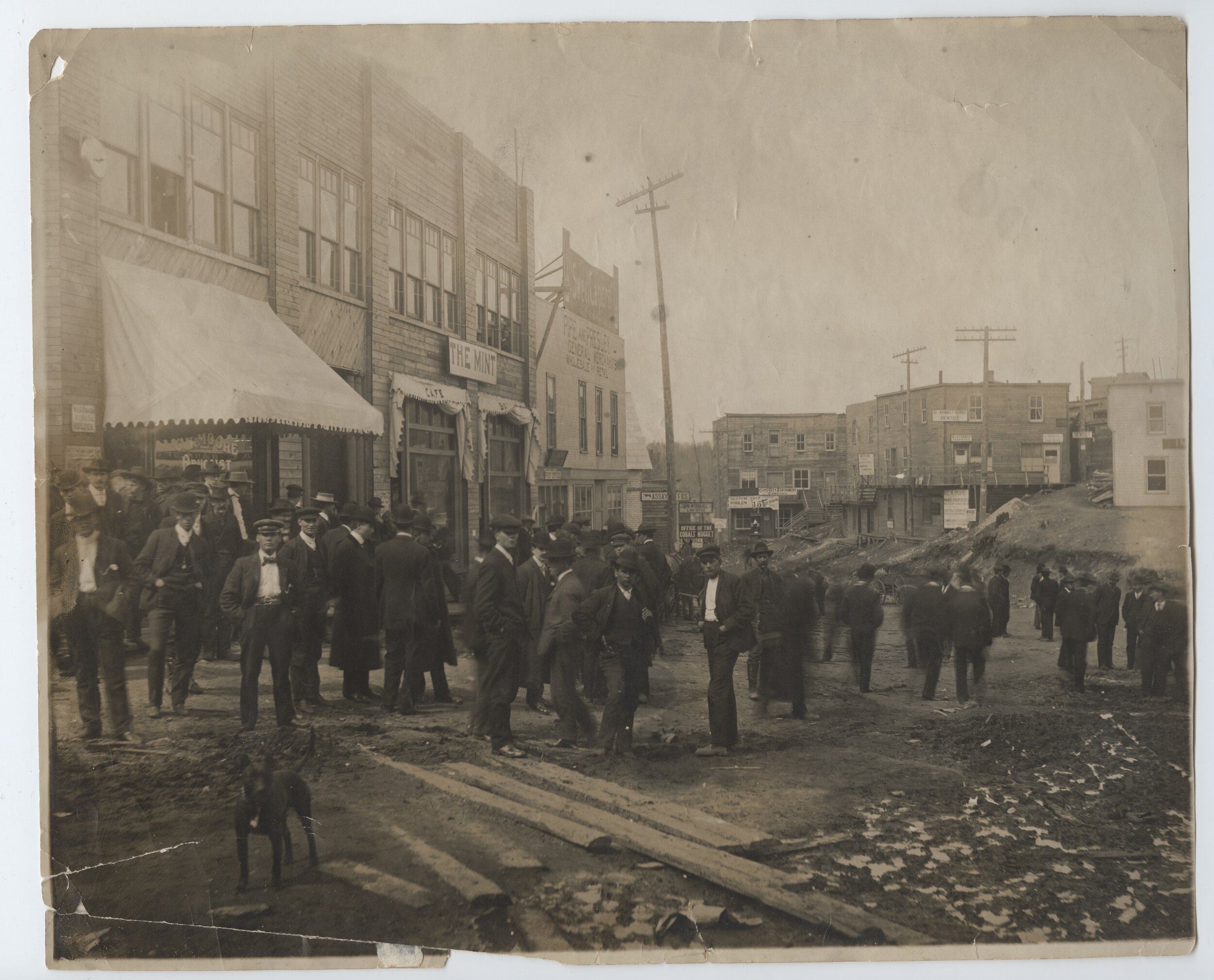
Announcements
New Hours: 10:00 am - 4:00 pm, Friday - Sunday
-
-
Nouvelles heures d'ouverture: du vendredi au dimanche, 10h à 16h
-
-
Museum Closed Saturday December 20th - Thursday January 1st
-
-
Musée fermé samedii 20 décembre - jeudi 1 janvier
-
-
New Hours: 10:00 am - 4:00 pm, Friday - Sunday - - Nouvelles heures d'ouverture: du vendredi au dimanche, 10h à 16h - - Museum Closed Saturday December 20th - Thursday January 1st - - Musée fermé samedii 20 décembre - jeudi 1 janvier - -
About Us
The Cobalt Mining Museum strives to preserve Cobalt’s past and, as a result, boasts the world’s largest display of native silver ore as well as an impressive display of rocks and minerals from around the world! The museum’s collection of artifacts relating not only to mining but to the cultural and social life of the Cobalt Mining Camp, bringing those early days vividly to life.
Hours: September 2025
The Museum is OPEN Friday - Sunday: 10:00 am - 4:00 pm
Museum Visit Fees:
Adults — $8.00 (plus tax)
Seniors (65+) and Students — $6.00 (plus tax)
Children under 6 — Free
Groups of 5-20 — $5.00 per person (plus tax)
Groups of 20+ — $4.00 per person (plus tax)
Underground Mine Tours: (Closed for the Season)
Adults — $20.00 (plus tax)
Seniors (65+) and Students — $15.00 (plus tax)
Children under 6 — Free
Groups of 5-20 — $12.00 per person (plus tax)
Groups of 20+ — $10.00 per person (plus tax)
All Mine Tour Admissions includes admission to the museum as well.
Cobalt’s deep and rich history
The tale of a town

History
Credit for the discovery of silver belongs to J. H. McKinley and Ernest Darragh who were engaged as contractors to supply ties for the railway. On August 7, 1903, while cruising the Booth Limits for timber, their eyes were caught by the gleam of metallic flakes in the rock at the southeast end of Loog Lake, later re-named Cobalt Lake. They found other flakes in the gravel on the beach, found that they were soft enough to mark with their teeth and so pliable that they could be bent. They sent a number of the rock samples to Montreal for assay, and the word came back that what they had submitted was native silver, assaying 4,000 ounces to the ton.
A few weeks later, as the story goes, a local myth, Fred LaRose, a blacksmith at work at his forge, was so annoyed by an inquisitive fox that he threw his heavy hammer at the animal, missed it, and knocked off a piece of rock to expose a glittering vein of silver.
In the first 60 years of its active life, the mines of the Cobalt camp shipped a total of nearly 1,185,000 tons of rich silver ore and concentrates. The total production in that time exceeded 420,500,000 ounces of silver. At today’s price of silver, the amount is staggering (15.6 billion as of April 28, 2024). To ship the ores extracted from the mines of the camp during those years would require a train of freight cars nearly one hundred miles long – stretching down the track all the way from Cobalt to North Bay, roughly 140km.

